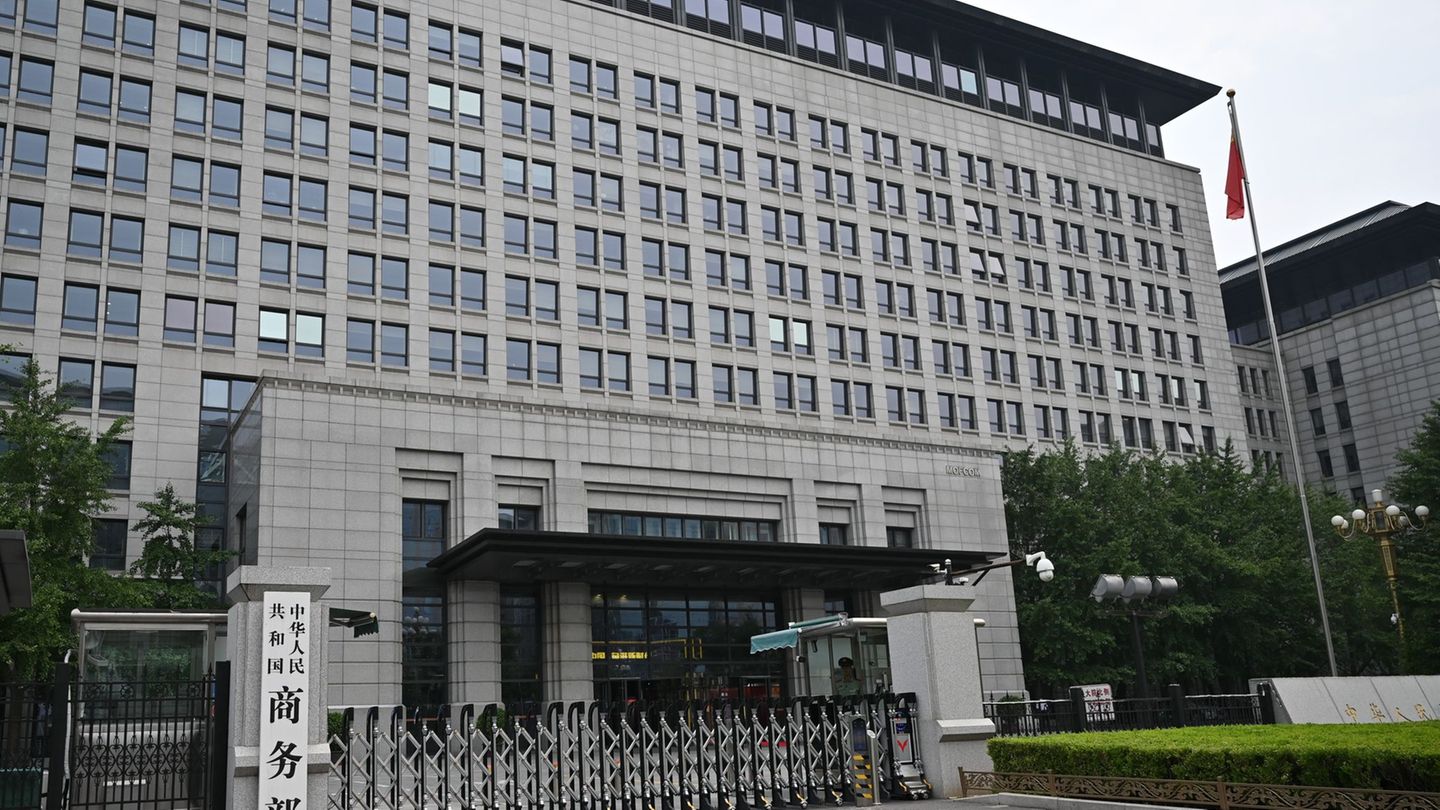Javier Milei completed his first month in office on January 10, the next day the December inflation data, which stood at 25.5%, and the closing of the agreement with the International Monetary Fund (IMF) was finalized, with a committed disbursement of US$4.7 billion. The Economist Miguel Kigueldirector of the consulting firm Econviews and former president of hipotecary Bancspoke with Ambit regarding some of the outstanding elements of these first days of management and the challenges ahead.
He highlighted, among other points, the good reaction of the markets to the new government’s policy, encouraged by the “deficit reduction commitment, mainly”, and the deregulation of the economy. In addition, he spoke about the evolution of inflation and the policies that could be implemented to reduce this variable, the relationship with the Monetary Fund (FM) and how the reserves of the Central Bank (BCRA) will continue. In that sense, he anticipated that “monetary policy will be key.”
Journalist: How do you evaluate the markets’ reaction to Milei’s policies? What are you seeing?
Miguel Kiguel: They reacted well, in general, to the policies implemented by the Milei Government and I believe that what has the best impact is the strong commitment to adjust the fiscal deficit with the Monetary Fund (IMF), which is much higher than expected by most of the market. It was expected to be 5% to 2%, but Milei promised more and, although it is known that it is difficult to fulfill, it is what she put on the table and The market evaluates as positive a greater commitment to reduce spending and improve fiscal accounts.
On the other hand also The decision to devalue a little more strongly is positive than was thought: it was expected that the price of the dollar would be set at $650 and it went to $800. That generated enthusiasm as did the project to deregulate the economy, which is not clear how it will be implemented because the omnibus law and the Decree of Necessity and Urgency (DNU) are under debate.
Q: Inflation seems to be the most difficult data to reverse. Do you think the Government will be able to improve this variable?
MK: It was expected that the honesty of prices, both in terms of rates and in many other regulated sectors, such as gasoline and prepaid, was going to be a huge blow to the pocket and would impact inflation. But we hope that the December jump will be temporary in response to the devaluation and one-time increases. When they settle, inflation should slow down because there will not be a new devaluation as high as the one we saw in December and gasoline, for example, will not increase by 90% again. So, inflation should be controlled.
However, it is true that There is a risk that inflation of 25% in December will generate second-round increases in January. There are companies that are going to continue raising prices and there are going to be salary increases that can be passed on. I don’t think 25% is the new norm, but it is can install at a new level around 12% and 15% if things are not done well.
On the other hand, I think that, If monetary policy does not react soon, could have a negative effect. Currently, it is not restrictive at all. The interest rate is very negative at this moment, at 9%, in the face of high inflation. Clearly, this means that people have no way to protect their capital and the effect is being seen in parallel dollars, which have risen a lot. In fact, we now have a gap that has grown a lot and is close to 50% in recent times.
For Kiguel, inflation this year will be between “27 and 28%”
Miguel Kiguel analyzed the economic variables.
Q: Moving forward, what do you think the Government can do in that regard?
MK: Still There are doubts about the monetary policy that is going to be applied. Argentina needs a high exchange rate because it has to recover its reserves, for which it must improve the commercial account. Today we have a competitive exchange rate, which was very positive in December and still remains at an acceptable level, but, If the BCRA insists on depreciating at 2%, with inflation that remains at very high levels, I think it could lose competitiveness and the risk of an exchange rate jump appears.
Still They have time to correct it through an acceleration of the rate of depreciation of the peso. What is exciting is fiscal policy, but the issue is that monetary and exchange rate policy is still not very clear and that is what is worrying, especially when we talk about inflation.
Q: Do you think the BCRA will be able to continue buying dollars?
MK: I think that The purchases it has been making are favored by the deferral of imports, which partially governs now. As this mechanism is completed, the purchase of reserves will become a little more difficult, but when the 90 days arrive, it will be the beginning of the harvest, which will bring in more dollars. But exporters are going to continue looking at the exchange rate when deciding to liquidate or not and the gap is widening, which is a drawback. It is already at high levels.
We still have a gap because the stocks remain strong and there are many restrictions on the purchase of dollars still in Argentina. That is a problem that must be resolved in the future and monetary policy will be key. We must take steps towards exchange rate unification and normalization of the economy.
Source: Ambito




